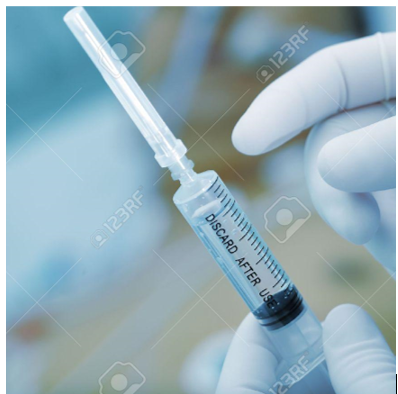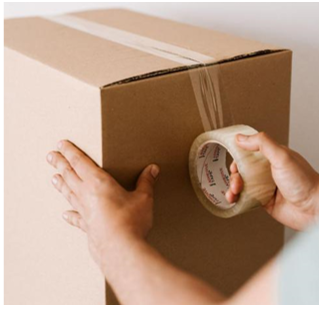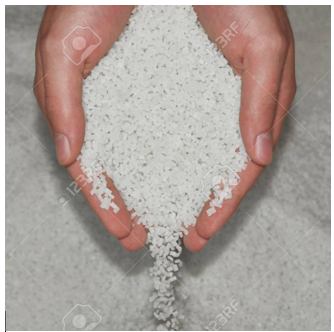All You Need to Know About Plastic Recycling
The plastic manufacturing industry has had a somewhat negative reputation when it comes to its impact on the environment. Traditional manufacturing practices that did not take into consideration its environmental effects were blamed for its waste and harmful by-products. Nowadays, improved manufacturing methods and technology have been developed that reduces waste and harmful by-products as well as enabling us to recycle many of the plastic materials used in production.
Plastic recycling refers to the process of recovering waste or scrap plastic and reprocessing the materials into functional and useful products. The goal of recycling plastic is to reduce high rates of plastic pollution while putting less pressure on virgin materials to produce brand new plastic products. This approach helps to conserve resources and diverts plastics from landfills or unintended destinations such as oceans. Recycling done properly will allow us to conserve non-renewable fossil fuels (oil), reduce the consumption of energy used in the production of new plastic, reduce the amount of solid waste going to landfill and reduce emission of gases like carbon dioxide into the atmosphere.
What plastics are recyclable?
While there are many different types of plastics we use today, only some are recyclable. Currently, only PET (Polyethylene terephthalate), HDPE (High-density polyethylene), and PVC (Plasticised Polyvinyl chloride or polyvinyl chloride) plastic products are recycled under curbside recycling programs. PS (Polystyrene), PP (Polypropylene), and LDPE (Low-density polyethylene) typically are not recycled because these plastic materials are more difficult and expensive to process.

The plastic recycling process
The simplest of plastic recycling processes involve collecting, sorting, shredding, washing, melting, and pelletizing. The actual particular processes vary based on plastic resin or type of plastic product.
Most plastic recycling facilities use the following two-step process:
Step One: Sorting plastics automatically or with a manual sort to make sure all the contaminants are removed from the plastic waste stream.
Step Two: Melting down plastics directly into a new shape or shredding into flakes then melting down before being finally processed into granulates.
Latest advances in plastic recycling
Ongoing innovations in recycling technologies have made the plastic recycling process easier and more cost-effective. Such technologies include reliable detectors and sophisticated decision and recognition software that collectively enhance the productivity and accuracy of automatic sorting of plastics.
Recently, some European countries including Germany, Spain, Italy, Norway, and Austria have begun collecting rigid packaging such as pots, tubs, and trays as well as a limited amount of post-consumer flexible packaging. Due to recent improvements in washing and sorting technologies, the recycling of non-bottle plastic packaging has become feasible.
Challenges for the plastic recycling industry
Plastic recycling faces many challenges, ranging from mixed plastics to hard-to-remove residues. The cost-effective and efficient recycling of the mixed plastic stream is perhaps the biggest challenge facing the recycling industry. Experts believe that designing plastic packaging and other plastic products with recycling in mind can play a significant role in facing this challenge.

Recycling of a greater range of post-consumer plastic products and packaging will further boost recycling and divert more end-of-life plastic wastes from landfills. Industry and policymakers can also help stimulate recycling activity by requiring or incentivizing the use of recycled resin versus virgin plastics.
Recycling in Malaysia
The Malaysian recycling industry is fairly developed, and produces 1.5 million tonnes of recycled resins a year that are worth approximately RM 4.5 billion in revenue. High-value rigid mono materials such as PET and HDPE have a strong existing recycling market in Malaysia as they are easier to collect and have a higher weight and value per piece. Polypropylene has a wider range of accepted materials for recycling including clear and colored packaging of food, take-away food containers, and non-packaging items.
The Malaysian government has recognized the need to create an EPR (Extended Producer Responsibility) scheme to demand greater responsibility from producers to improve packaging designs with less material and higher recyclability, and to support waste collection and separation.
The recycling of plastics has become an integral step in the manufacturing of plastics. The reduction of waste and development of products that are environmentally friendly via its recyclability or its reusability are paramount to plastics continued use and importance in our lives today.





